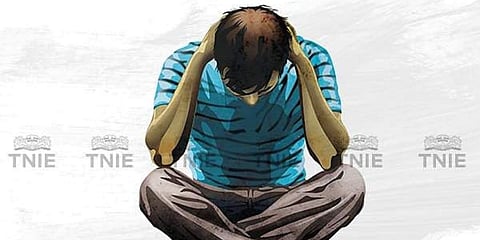

HYDERABAD: Why is criticism is so hard to swallow? A young adolescent came to me in tears, saying: “I’m useless. My parents tell me that all the time.” During couple therapy, a husband complained that his wife could find nothing right about him. His wife’s retort was, “I’m helping him get better.”
An elderly couple, married for 45 years, wanted help. The wife wanted to leave her husband because she was fed up with his constant negative comments and criticism.
The common factor in all these cases is criticism. The need to correct, guide and alter people’s behaviour, with the idea that one is helping and facilitating improvement, rules the ideology of the critic. Many call it constructive criticism, but when one is tearing down the very foundation of another’s psyche, when suggestions sound ominous, threatening and demeaning, can it even be called constructive?
Research shows that criticism takes a toll on the recipient, causing anger, anxiety, depression, low self-esteem, avoidance, poor performance and self-harm. The critic, however, is unaware of the damage and feels that it is the best form of help.
Why do people criticise?
Save yourself
(The author is a mental health professional and psychotherapist at Dhrithi Wellness Clinic)